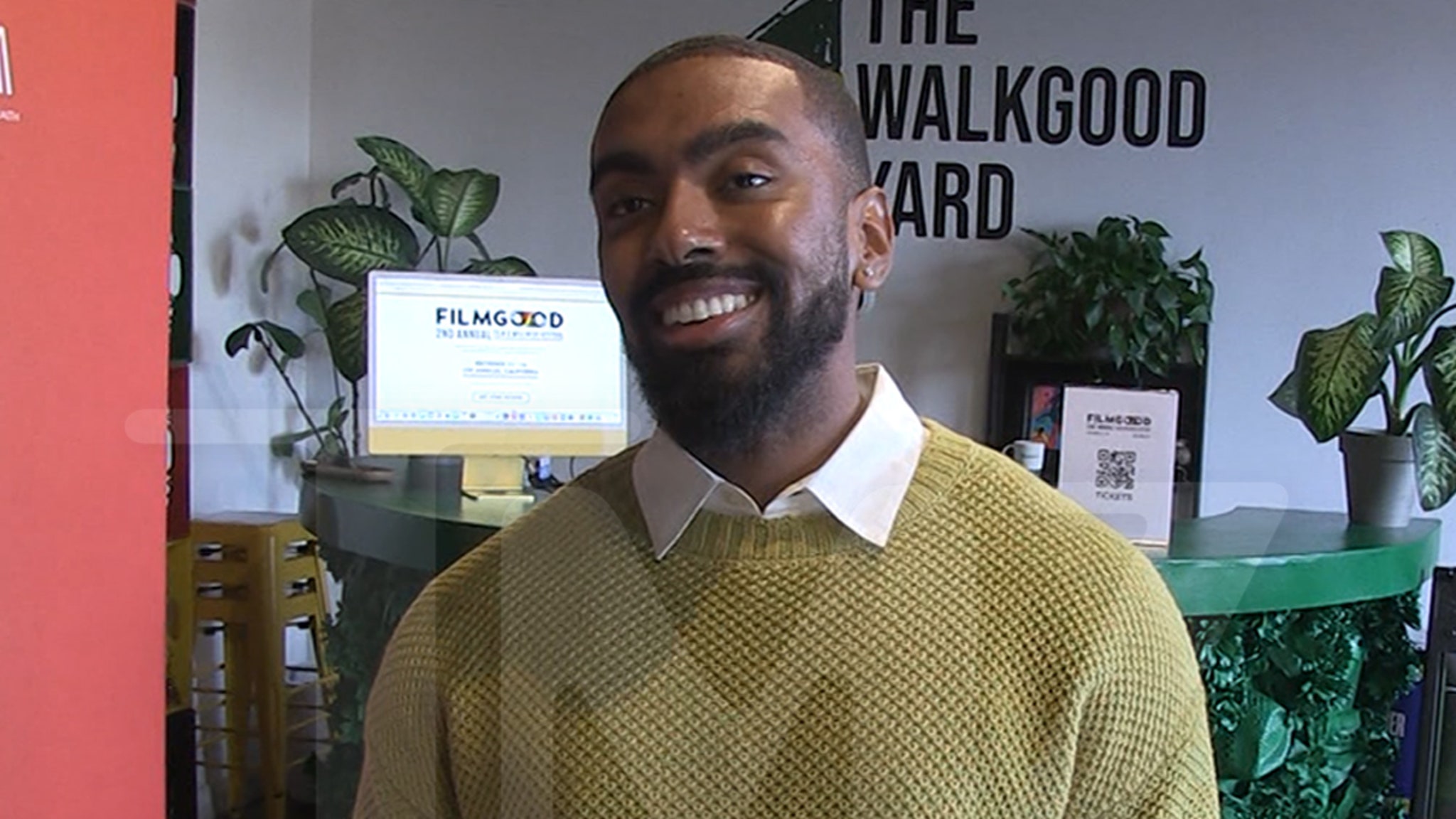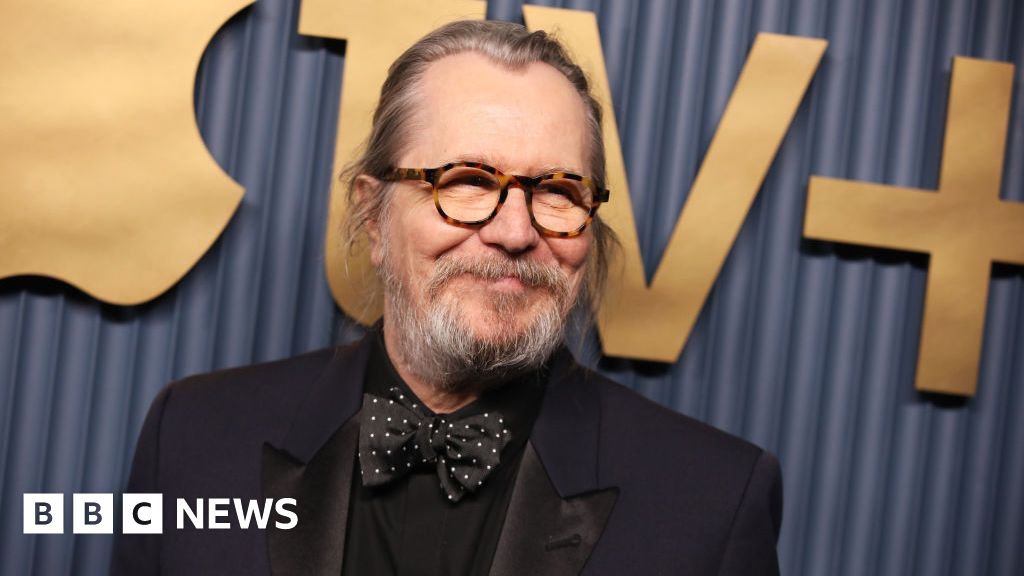The coming-of-age drama “Out of My Mind” from Disney+ and Bleecker Street’s dramedy “Ezra” are among the films recognized by the Ruderman Family Foundation for their “groundbreaking commitment to disability inclusion in Hollywood.”
The films have received Rudderman’s Seal of Authentic Representation. Both projects were cast by Kerry Barden and Paul Schnee.
“The Ruderman Family Foundation proudly acknowledges Kerry Barden and Paul Schnee for their groundbreaking contributions to Hollywood’s ongoing evolution toward authentic disability representation — a critical shift that reflects the entertainment industry’s growing commitment to diversity, inclusion, and accessibility,” said Jay Ruderman, president of the Ruderman Family Foundation. “In fact, all five new recipients of the Seal of Authentic Representation have enabled viewers to discover a crucial narrative of empowerment.”
“Out of My Mind” stars Phoebe-Rae Taylor as Melody, a nonverbal wheelchair user with cerebral palsy whose inner dialogue is voiced by Jennifer Aniston. The film is directed by Amber Sealey. The latter project features William A. Fitzgerald as Ezra himself, a youth with autism who stars opposite Bobby Cannavale, Rose Byrne and Robert De Niro.
“Casting ‘Out of My Mind’ and ‘Ezra’ were both incredibly fulfilling experiences for us,” Barden and Schnee said in a joint statement. “It’s richly satisfying to be part of the movement for inclusivity in our field and to play even a small role in helping actors get a shot at truly representing their unique selves on screen and enlightening and educating the rest of us along the way.”
Other projects honored by the Rudderman Family Foundation include Netflix’s “Kaos,” “Heartbreak High,” and “Fool Me Once.”
Chloe Hayden, who plays Quinni Gallagher-Jones on “Heartbreak High,” said, “Representation is so deeply important. Growing up never seeing myself in any form of media led me to believe that I wasn’t supposed to be here, it led my peers to still believe in stereotyped, incorrect understandings of what autism is and isn’t. Correct representation isn’t just important to the individual, it’s a vital shift in our societal understanding of minority groups, where media often is people’s way of judging and understanding them.”

 By Variety | Created at 2024-12-05 18:19:51 | Updated at 2024-12-25 21:14:13
2 weeks ago
By Variety | Created at 2024-12-05 18:19:51 | Updated at 2024-12-25 21:14:13
2 weeks ago








